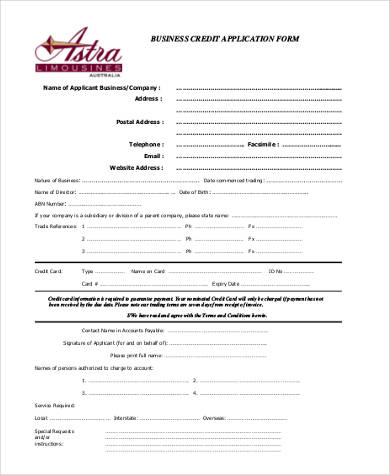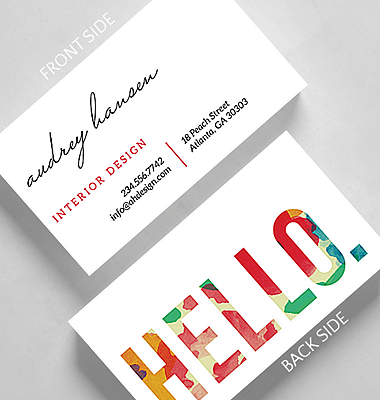Small Business Idea – Start a Concierge Business
 Do you know someone who’s so busy that they’re constantly saying things like “I’d pay someone to do this for me” or “I need more hours in my day!” or even “I wish I could clone myself” ? If so, what that person really needs is a personal assistant! Concierge
Do you know someone who’s so busy that they’re constantly saying things like “I’d pay someone to do this for me” or “I need more hours in my day!” or even “I wish I could clone myself” ? If so, what that person really needs is a personal assistant! Concierge

 A good business idea will often be borne out of your experience. Have you observed people experiencing a problem or frustration, and do you have an idea that might eliminate or reduce that problem. The richer your experiences and the more observant you are, the more you are likely to
A good business idea will often be borne out of your experience. Have you observed people experiencing a problem or frustration, and do you have an idea that might eliminate or reduce that problem. The richer your experiences and the more observant you are, the more you are likely to  Starting a net business is an incredibly easy and simple thing to do. People get great ideas every day and decide to build an online company to sell products and services. They’ll probably build a website and wait for the money to start rolling in…
Starting a net business is an incredibly easy and simple thing to do. People get great ideas every day and decide to build an online company to sell products and services. They’ll probably build a website and wait for the money to start rolling in… With people’s attitudes toward recycling and prices for aluminum and other metals at near all-time highs, a Tampa Florida entrepreneur’s business idea as reported by The Tampa Tribune, 09/24/12, may have just the right timing.
With people’s attitudes toward recycling and prices for aluminum and other metals at near all-time highs, a Tampa Florida entrepreneur’s business idea as reported by The Tampa Tribune, 09/24/12, may have just the right timing. Start with a great business Idea
Start with a great business Idea As with any career, there are no guarantees that starting a small business will make you happy. Even though becoming your own boss will empower you to take control of your own destiny, it will also present many challenges along the way. So why start a small business and will
As with any career, there are no guarantees that starting a small business will make you happy. Even though becoming your own boss will empower you to take control of your own destiny, it will also present many challenges along the way. So why start a small business and will  The home based business idea is growing year after year. Considered by many as just a whim or passing phase, these skeptics have all been proved wrong as the home based business sector continues to grow with more people joining every day. A home based business using the internet as
The home based business idea is growing year after year. Considered by many as just a whim or passing phase, these skeptics have all been proved wrong as the home based business sector continues to grow with more people joining every day. A home based business using the internet as  Although the United States does not have an official language, the vast majority of the population speaks American English. However there are an estimated 337 other languages spoken by the population. Spanish is the second most common language in the U.S. with it being spoken by over 12% of the
Although the United States does not have an official language, the vast majority of the population speaks American English. However there are an estimated 337 other languages spoken by the population. Spanish is the second most common language in the U.S. with it being spoken by over 12% of the  The reason why most people start a home business is to earn some extra money so that they can live and easier life and, eventually, quit their regular jobs.
The reason why most people start a home business is to earn some extra money so that they can live and easier life and, eventually, quit their regular jobs. Starting your own home-based business can seem daunting, but with hard work, self-belief and a sense of adventure the potential rewards are great. Every great business starts with a good idea, but once you have taken the plunge and decided to bring your idea to the market, the success of
Starting your own home-based business can seem daunting, but with hard work, self-belief and a sense of adventure the potential rewards are great. Every great business starts with a good idea, but once you have taken the plunge and decided to bring your idea to the market, the success of  The best way to start any business is on a shoe string.
The best way to start any business is on a shoe string. Have you ever thought about starting your own home based business? In today’s economy it seems like many people are going the work from home route rather than being employed by someone else. Besides, home based businesses are now accepted all over the world as good as any brick and
Have you ever thought about starting your own home based business? In today’s economy it seems like many people are going the work from home route rather than being employed by someone else. Besides, home based businesses are now accepted all over the world as good as any brick and